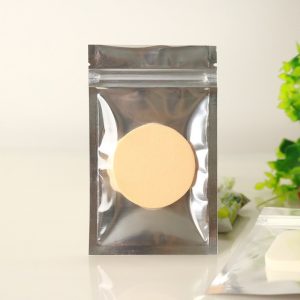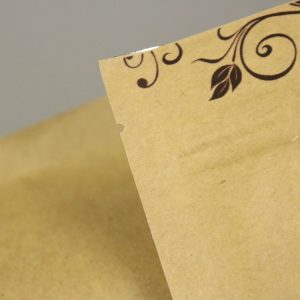Plastic pouches can play a significant role in minimizing food waste when used effectively in food packaging. Here’s how plastic pouches contribute to reducing food waste:
- Extended Shelf Life: Plastic pouches with excellent barrier properties can help extend the shelf life of perishable foods by protecting them from oxygen, moisture, and light. This means that products remain fresher for a longer time, reducing the likelihood of spoilage and waste.
- Single-Serving Portions: Plastic pouches are versatile and can be designed to hold single-serving portions of various products, such as sauces, dressings, and snacks. By offering the right portion sizes, consumers are less likely to buy more than they need, reducing the chances of food being discarded.
- Resealable Pouches: Resealable plastic pouches are ideal for products that are consumed gradually, such as snacks or frozen fruits. Consumers can reseal the pouch after use, maintaining the freshness of the remaining contents and preventing unnecessary waste.
- Portion Control: Pouches with pre-measured portions encourage portion control, especially for products like condiments or ingredients used in cooking. This helps consumers use just the right amount, reducing excess and potential waste.
- Reduced Over-Packaging: Compared to traditional rigid packaging options, plastic pouches often use less material, leading to reduced over-packaging. This not only minimizes waste but also contributes to resource conservation.
- Lightweight and Efficient Transportation: Plastic pouches are lightweight and take up less space, leading to more efficient transportation and reduced carbon emissions during distribution. This can help prevent food spoilage during transportation and result in fewer losses.
- Easy Dispensing: Some pouch designs incorporate spouts or pour openings, making it easier to dispense and use the product efficiently, minimizing spills and waste.
- Transparent Packaging: Clear plastic pouches allow consumers to see the contents, ensuring transparency and helping them assess the freshness and quality of the product before purchase.
- Inventory Management: Plastic pouches with clear windows or proper labeling assist retailers in monitoring inventory levels effectively. This helps ensure that products are sold before reaching their expiration dates, reducing waste in stores.
- Vacuum and Modified Atmosphere Packaging: Certain plastic pouches can be used for vacuum packaging or modified atmosphere packaging. These techniques help extend the shelf life of products by reducing the presence of oxygen, which slows down the spoilage process.
By leveraging the advantages of plastic pouches for food packaging, manufacturers, retailers, and consumers can collectively contribute to reducing food waste and making more sustainable choices in the food industry. However, it is essential to consider the environmental impact of plastic pouches and explore ways to incorporate eco-friendly and recyclable materials in packaging solutions to further enhance sustainability efforts.








